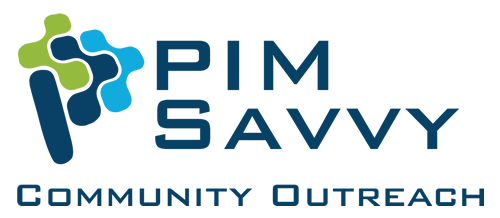Have you been dreaming about starting your own business? Opening and operating your own business can be rewarding and fulfilling in so many ways but also difficult and stressful if you don’t have a detailed business plan in place. Business plans help prepare you for success by functioning as a guide for your business needs.
“The most valuable part of writing a business plan is the education you gain by researching and writing it.” (WA Small Business Guide 2025)
The Washington State Small Business Guide advises prospective business owners to first ask themself this important question, “Why Start a Business?”. By asking and answering this question, prospective business owners can determine their motivation for starting a business. Keep in mind, every business needs to solve a problem their customers face.
A standard business plan consists of eight parts:
- Mission & vision statements
- Descriptions of business structures
- Market analysis
- Marketing plan
- Operations plan
- Personnel plan
- Employee benefits
- Financing plan
Mission & vision statements
A mission statement is a brief description of what you do. It helps you and those working with you to stay focused on what’s important. A vision statement answers the question “What do we want to become?” It provides you with direction as you make decisions that will impact the future of your business.
Descriptions of business structures
A business is a legal entity separate from an individual or marital community, a sole proprietorship or a general partnership. It can own property, hold bank accounts and is required to pay taxes. There are different types of business structures, each with unique benefits and limitations.
Market analysis
Define your product or service and conduct market analysis. A market analysis will help you determine if there is a need in the marketplace for your product or service, who would be most likely to buy your offerings, and where your customers are located.
Marketing plan
Once you’ve identified your customer, you need to determine how you will get your customers to buy your product or service.
Operations plan
This reflects all the basics of operating your business such as location, start date, equipment, supply needs, inventory, description of operation, legal need, insurance needs, recordkeeping, etc.
Personnel plan
This reflects your personnel plan for when you need to hire employees. Your personnel plan should include types of positions needed and when, whether employees are permanent or temporary, job descriptions and skill needs, training requirements, compensation and benefits and personnel policies.
Employee benefits
Offering benefits, such as health insurance, can help you attract and retain good employees. Be sure to research different benefit options before making a final decision for your business and employees.
Financing plan
You need to have a well-researched estimate of the start-up and operating costs of your business, so you are not caught off guard financially. You also need to have a realistic expectation of the amount of money your business will bring in. These projections will help you prepare financially for starting your business, whether you finance the business yourself or seek outside loans or investors.
Your business plans should be clear and concise. Remember to create achievable goals and sensible timelines. Focus on optimizing your finances/budget and always identify risks so you know what to expect. Keep in mind, careful planning and research will improve your chances of success. Finally, always remember to revisit your business plan every year to make revisions if needed because your plans may change for one reason or another.
Interested in a free Business Plan Template? Go to Business Plan Template for a Startup Business and download the fillable worksheets to start drafting your business plan today. More Business Plan templates and resources can be found at Business Plan Resources | SCORE.
Want more information about writing a Business Plan? Go to Small Business Guide: Plan or contact a PIM Savvy Financial Coach.
PIM Savvy offers FREE Financial Coaching appointments. PIM Savvy’s Financial Coaches can help you create a budget/debt management plan, set savings goals, identify strategies to improve your credit score, create a resume, search for jobs, prepare for an interview, apply for jobs online or start a business. Visit pimsavvy.com/coaching, call 206-565-2961, Option 4 (English), Option 2 (Spanish) or email at vita@pimsavvy.com to schedule your appointment today!

